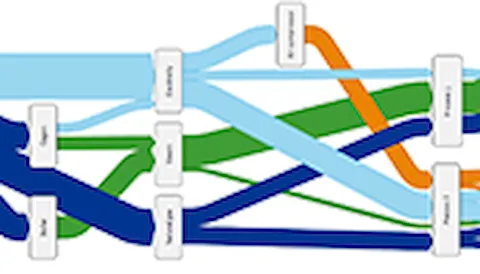Tetra Pak International
Ensuring European Energy Efficiency Directive (EED) Article 8 compliance.
Challenge
How to ensure compliance with the EU Energy Efficiency Directive (EED), Article 8?
Our approach
A deep analysis of the legal requirements in each Member State affecting Tetra Pak including:
- The requirements regarding audits and audit contents
- The possibility of using internal versus external auditors
- The potential for grouping of legal entities
- National incentives for implementation, such as tax reductions, relevant national voluntary agreements and penalties for non-compliance
Value to client
- Meet the deadlines and avoid penalties
- Reliable and compliant information to be used in Tetra Pak’s own energy efficiency process to ensure compliance
- One single point of contact for all requests
- Avoid unnecessary actions
- Benefit from subsidies
- Regular updates on legislation's and subsidy opportunities




